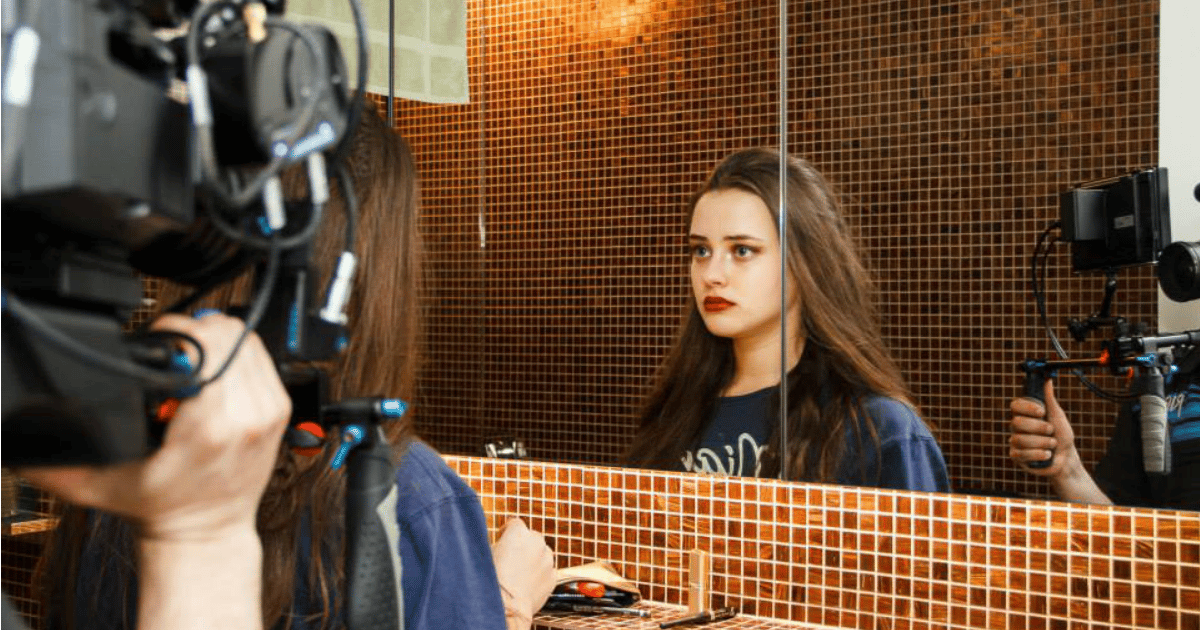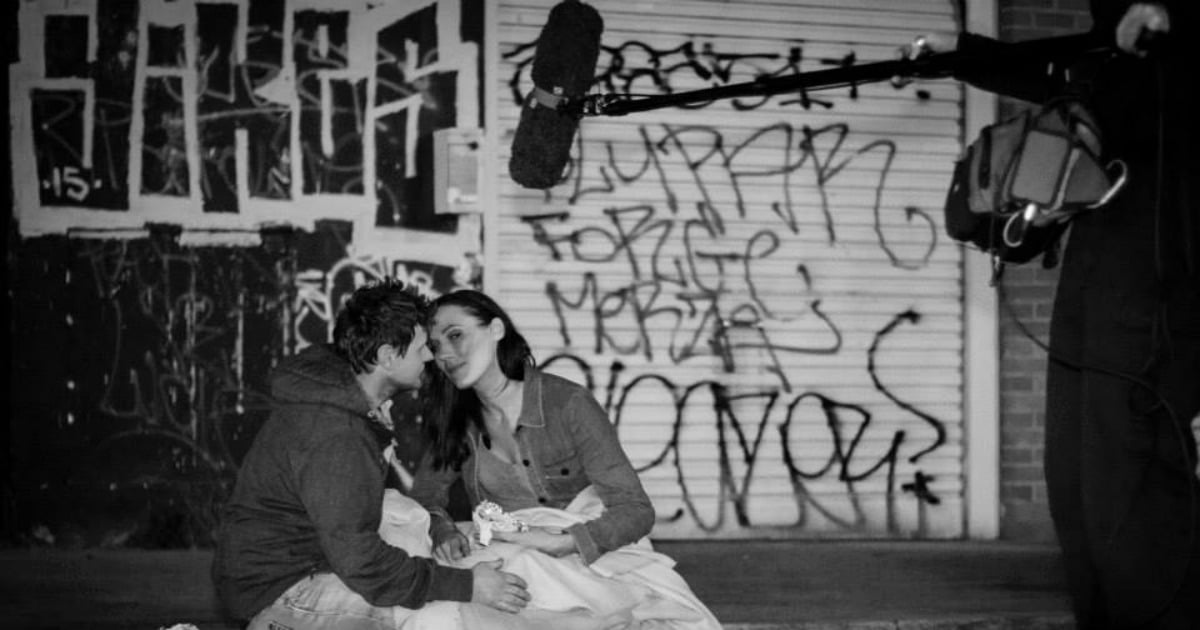Content warning: This post contains themes of gendered violence some may find triggering.
Jill Meagher was walking home from the pub when she was violently kidnapped, raped and murdered in the Melbourne suburb of Brunswick in 2012.
It took just six days for authorities to catch the 29-year-old’s killer, roughly six hours for him to confess and six minutes for a judge to remand him in custody.
Even though the ABC staffer was walking home to meet her husband, some areas of the media and public latched onto details to place blame for the senseless crime. Her clothes and high heels, and the fact she’d been drinking with friends before deciding to walk home alone.
But we knew her name. We knew her story. She was our friend and neighbour, and it was this public knowledge that helped catch her killer.
Tracy Connelly, on the other hand was a nameless ‘St Kilda sex worker’.
When the 40-year-old was similarly murdered in 2013 by a client in the white Ford Econovan she called home, she was just another statistic; the implication being she was killed due to the lifestyle she chose to lead.
Tracy’s murder is still unsolved today.
These events inspired Australian writer and film maker, Sarah Jayne to highlight exactly what’s wrong with this kind of victim blaming culture.
Her award-winning short film and awareness project, Daughter explores the role victim blaming plays in gendered violence through the eyes of three very different women.

